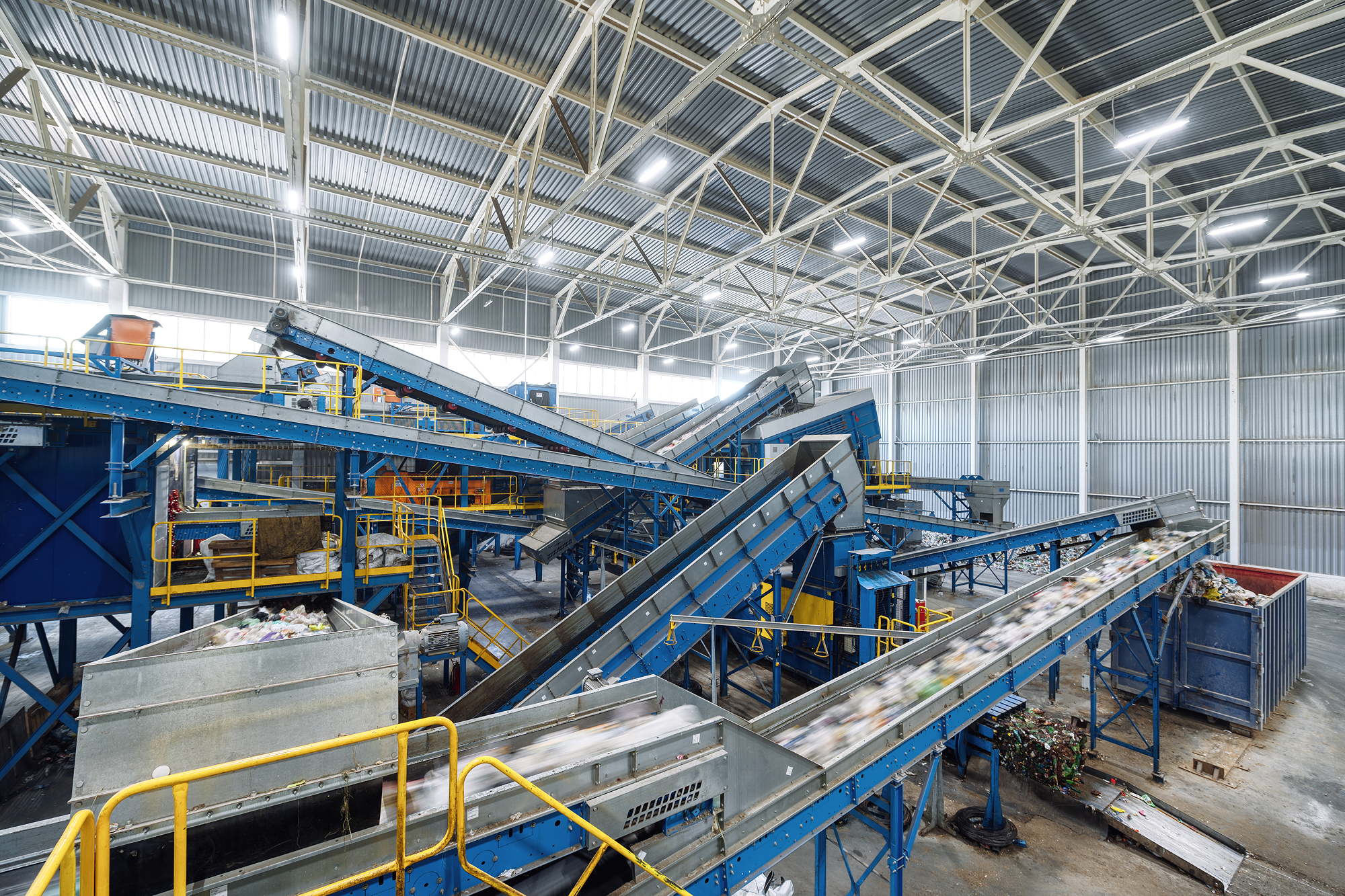
Municipal waste
Municipal waste has a different composition in every country. If it is not already collected separately prior to collection, it consists of many everyday items such as glass, plastics, metals, textiles, organic waste, paper and a variety of other materials in smaller quantities. It usually contains materials that can be further recycled (for example, to produce compost and substitute fuels), provided the waste is extracted and sorted with the help of mechanical treatment.
Our team has over 25 years of experience in designing, building and operating sorting plants for municipal waste.
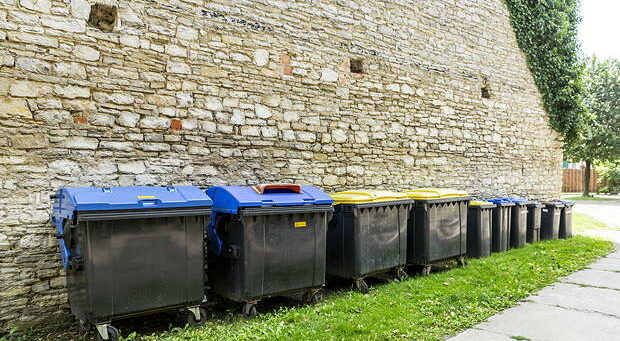
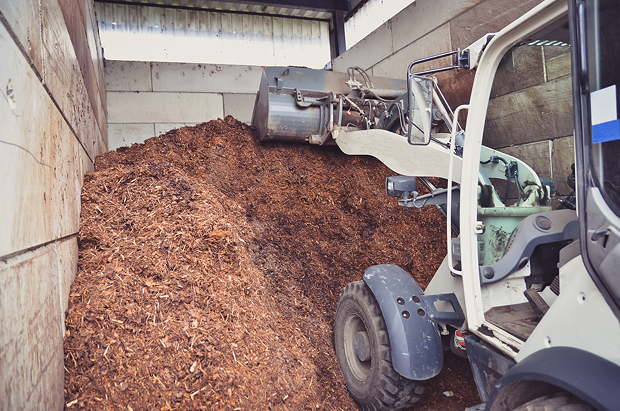
Organic waste
If organic waste is collected separately or separated from other municipal waste by a sorting plant, it can be further utilised either by a biogas plant or by a composting plant. The purity of the organic source material must be ensured – depending on the recycling process, no more than 0.5% of foreign matter may be present. If the operation is well organised and monitored, valuable biogas can be obtained as well as, in some cases, high-quality compost materials, which are readily used in agriculture and horticulture.
Our team has decades of experience in the design of composting and biogas plants, as well as in their construction, commissioning and long-term operation.
Plastic waste
Plastic waste streams mainly contain the recyclable materials PET, HDPE and LDPE. Innovative sorting plants can handle cleaning, shredding, granulation, as well as colour sorting, melting and moulding, and sorting out contaminants such as PVC. Our team has the knowledge and experience to select the right technology for a cost-effective and reliable plant. We accompany the commissioning and, depending on the location, we are also happy to take over the operation of a plastic sorting plant.
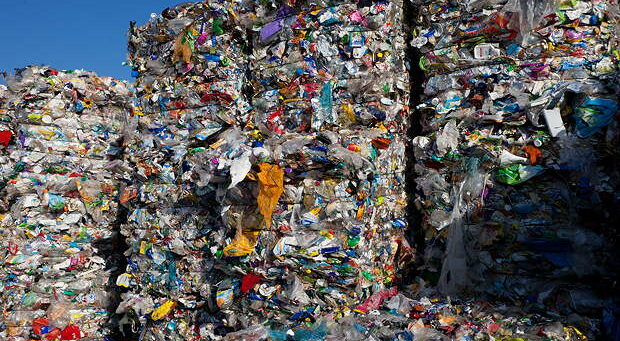
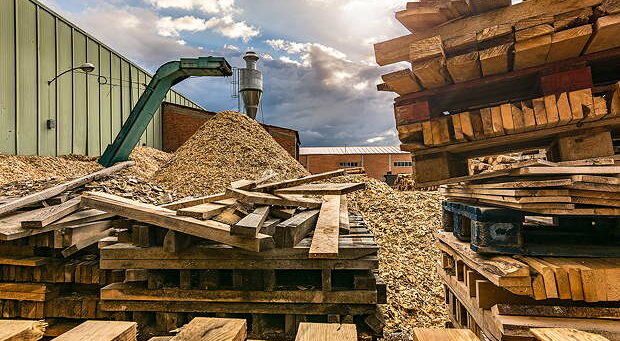
Wood waste
Wood waste products are found in many commercial and industrial applications. Examples include disposable pallets, packaging for machines, construction timber residues, formwork material and offcuts are sorted and processed in our own plants. Possible uses include further use as construction timber, raw material for wood panel products and, of course, as heating material.
Metallic waste
The ferrous scrap sector dominates this market by far in terms of quantity. In this sector alone, the sorting depth extends to over 40 specifications. Furthermore, alloys of copper, aluminium, iron, tin, lead, zinc, bronze, steel, brass, gold and silver, among others, are very much in demand as raw materials. Large quantities come from the areas of vehicles, mechanical engineering, industrial plants, shipbuilding and the construction industry. For example, titanium from aviation, palladium, platinum and rhodium can be recycled from catalytic converters and medical equipment. Packaging made of aluminium or tinplate for food and other household products is also a target for economic recycling. Our experienced metal recycling specialists will be happy to design a contemporary recycling model for your application, including collection, sorting, shredding, extraction and a profitable sale.
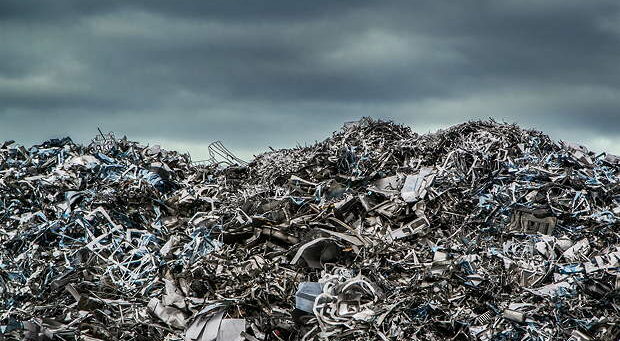
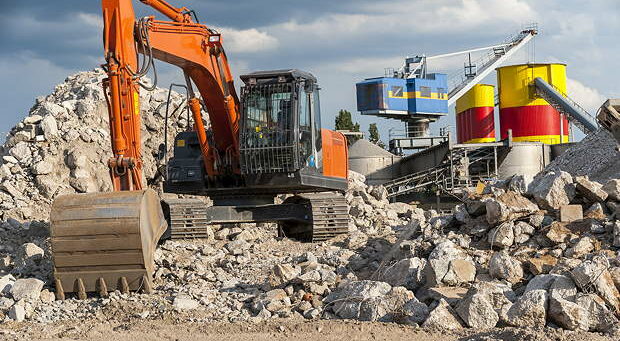
Construction waste
Construction waste accumulates during construction measures such as demolition, renovation or reconstruction. We collect concrete and stone demolition waste, masonry stones, natural stones, roof tiles, tiles, ceramics, mortar, plaster residues, cement screed, lime and sandstones and process them centrally into sub-base and filling material, which is very popular in road construction and civil engineering.
We sort out: Insulation and insulation material, aerated concrete, pumice and expanded clay, plaster, and plasterboard, foils, glass wool, building materials containing harmful substances, as well as road rubble and tar-free asphalt. Construction steel, wood waste and sawdust are further processed in recycling. On average, we achieve a recycling rate of over 85%. In individual cases, a precise analysis of the construction waste can also produce fractions that can in turn be used as raw materials in concrete production, for example.
Special medical waste
This includes, for example, medical protective suits, masks, syringes, cannulae, consumables from operating theatres, etc. In Germany, many other European countries dispose of special waste from the medical sector in waste incineration plants. In many emerging countries, there are no or insufficient capacities for this. Our team will find a suitable hazardous waste incineration plant for your location, procure it, set it up and put it into operation.
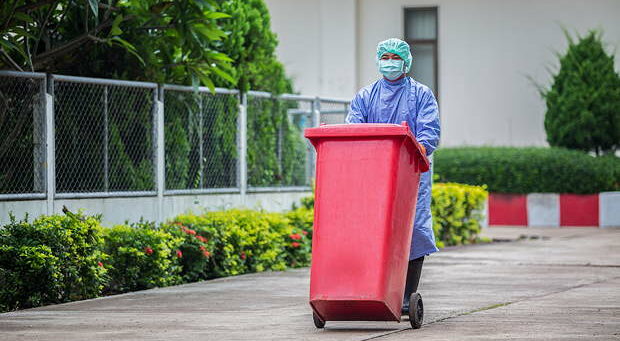
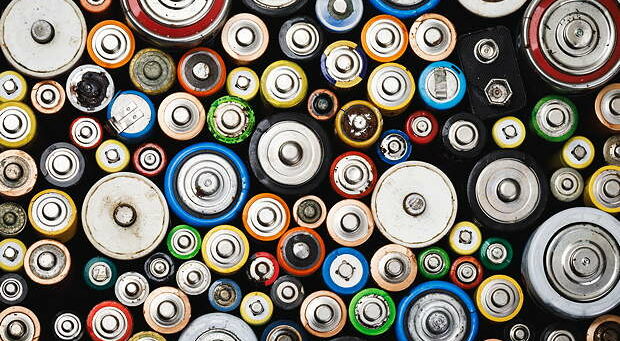
Hazardous waste from households
This includes paints, varnishes, adhesives, acids, alkalis, descalers, drain cleaners, solvents, brush cleaners, thinners, medicines, mercury, chemicals, poisons, spray cans, compressed gas cartridges, pesticides, wood preservatives, pesticides, weedkillers, fertilisers, batteries, containers with residues, as well as all products with a poison class or a hazard symbol. This also includes e-waste, which can be handed in at retail outlets in some countries. Our Hazardous Waste Team will be happy to develop an up-to-date hazardous waste concept for you, from collection, sorting/collection to incineration and disposal in suitable landfills.
Electronic waste
Defective waste electrical and electronic equipment is often colloquially referred to as ‘e-waste’. Hazardous substances and compounds such as mercury, lead and cadmium, halogenated hydrocarbons, but also some valuable metals such as copper and, in small quantities, precious metals are contained in many electrical and electronic devices. Proper disposal includes collection and sorting into appropriate classifications, dismantling and forwarding to recycling and landfill specialists if recycling is not possible.
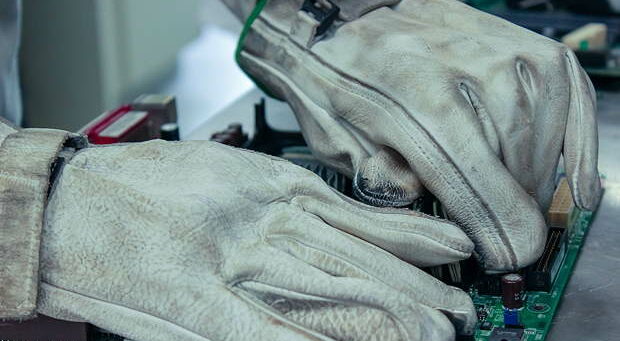
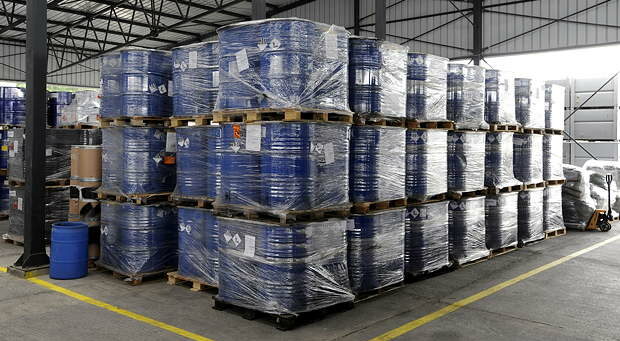
Hazardous waste
In the Waste Framework Directive 2008/98/EC, the European Union has laid down the criteria which hazardous properties must be present in order to be classified as hazardous special waste. These include: explosive, oxidising, (highly) flammable, irritant, harmful, toxic, carcinogenic, corrosive, infectious, toxic for reproduction, mutagenic, sensitising, ecotoxic. Our “hazardous waste” team can assess the local conditions in many non-European developing and newly industrialised countries and draw up the necessary concepts to introduce recycling management for waste producers and waste owners. Of course, we also provide support in setting up and certifying suitable special operations.

